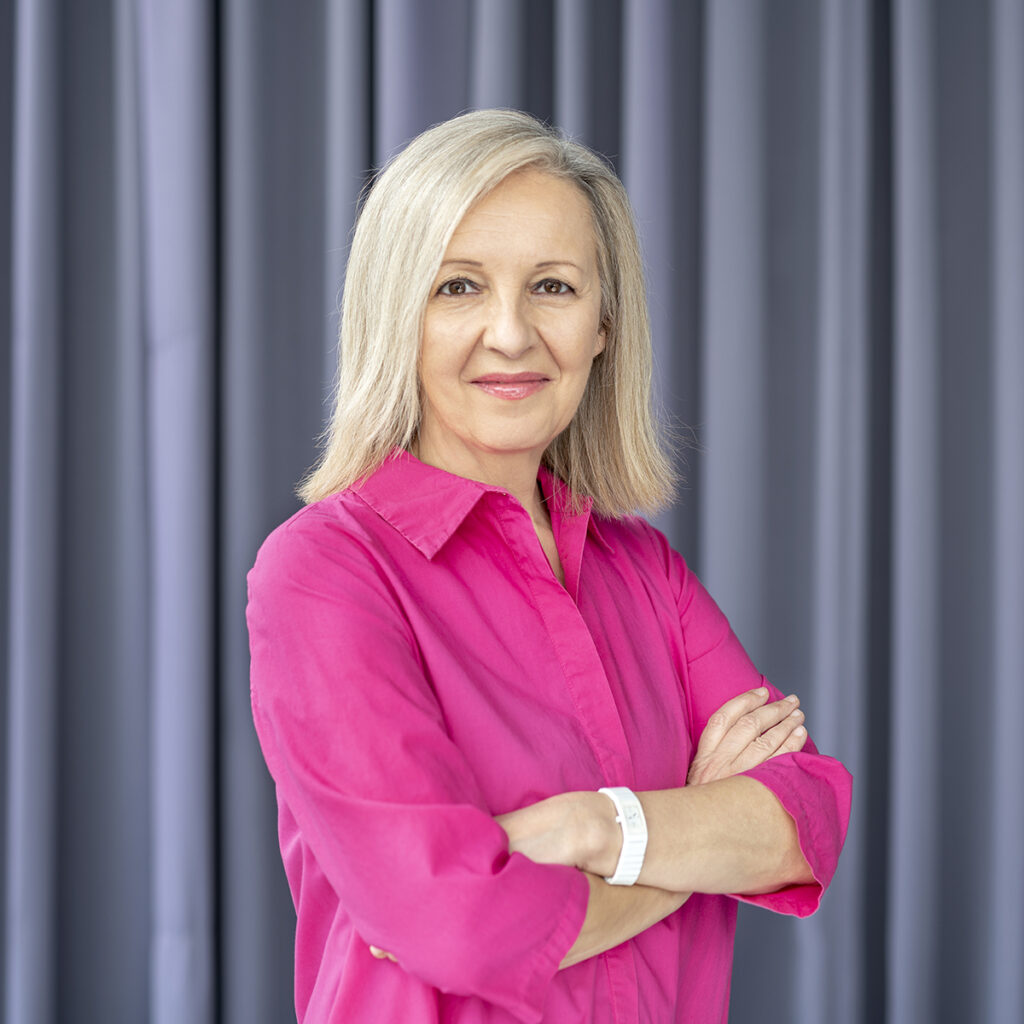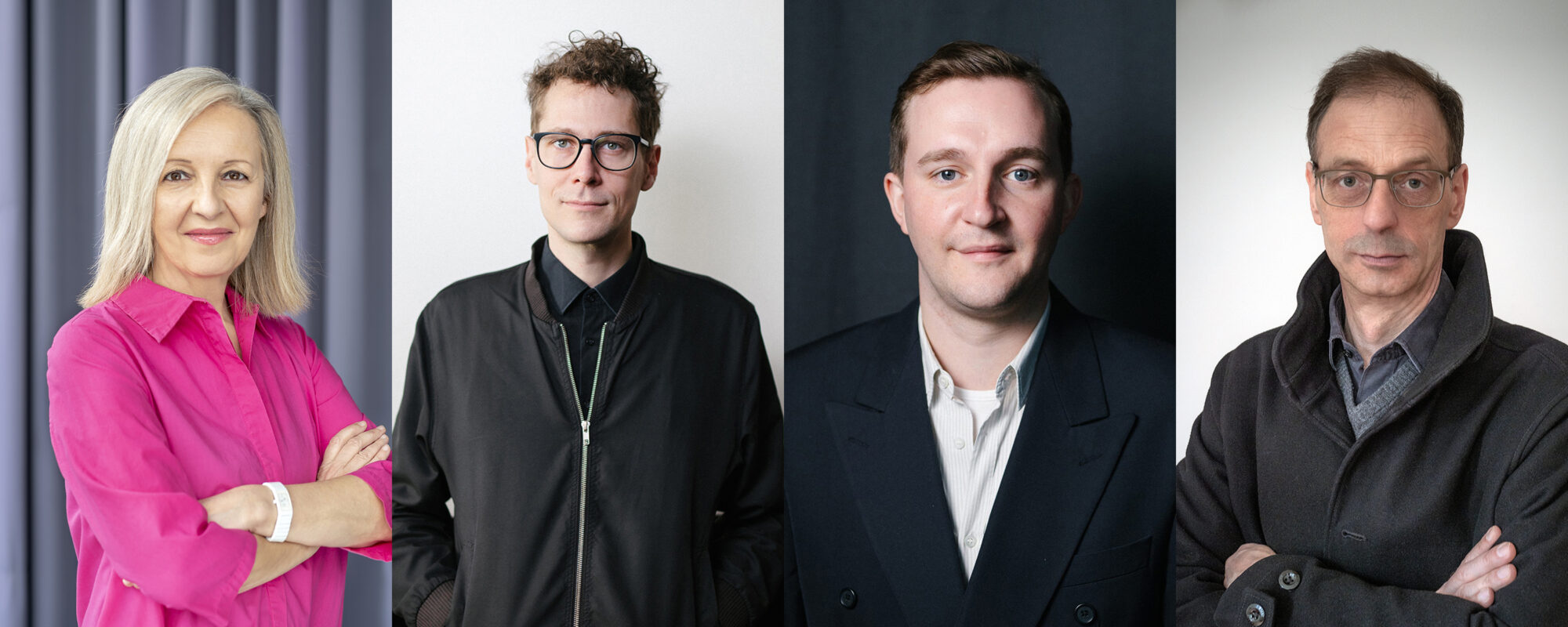Even if the roots of the diagonal go back to 1977, when the “Austrian Film Days” celebrated their premiere in Velden, and even if another festival of Austrian film in Salzburg from 1993 to 1995 already bore the same name: as we know it today , the diagonal took place for the first time in Graz in 1998. At that time and in the following years under the direction of Christine Dollhofer and Constantin Wulff. Since 2015, Sebastian Höglinger and Peter Schernhuber have once again been at the helm of the festival. And the two can celebrate the 25th anniversary of the Diagonale this year. A good reason to ask the first and current directors a few questions about the festival and Austrian film.
Christine Dollhofer

What does the diagonal stand for for you? What can she do?
The Diagonale is a unique social and film industry marketplace and a source of inspiration for the entire Austrian film scene to negotiate key issues, establish networks and enable exchange, as well as celebrate film premieres and discoveries and catch up on things that have been missed.
What special challenges does the job as Diagonale festival director entail?
To offer Austrian film and its actors an appropriate platform and to address current film-political issues. To perform the balancing act, to take into account all the different interests, desires and points of view. To have comprehensible rules and arguments when selecting the films.
From a very personal point of view: What has been your most memorable festival moment so far?
There were many great moments at film premieres and with film guests, but I remember our first diagonal in Graz in March 1998 as the most joyful and exciting. A spirit of optimism and a great desire for local filmmaking, full cinemas, the opening at the Graz Opera, heated discussions and exuberant parties in the coolest festival center, namely the Thalia. The most turbulent was the Diagonale 2000 with the protests about the black-blue government formation and the most painful for me was the farewell at the Diagonale 2003.
In your opinion, how has Austrian film developed over the past 25 years?
Internationally, Austrian film has been given the title »creative, original and idiosyncratic« and has definitely become more self-confident and international. It has also become more diverse and multi-faceted, both in terms of cinematic forms and subject matter. Professionalization has taken place at all levels, digitization has rapidly changed production and exploitation, but also the reception options, and the production volume has also increased enormously.
Which five films from Austria should you definitely have seen?
Only five? This is damn difficult! Hence my restriction of the selection to five outstanding cinema debut films from the 90s, which already impressively show the artistic signature of the respective makers. »Half the World« by Florian Flicker, »Northern Edge« by Barbara Albert, »Anschwemmt« by Nikolaus Geyrhalter, »Lovely Rita« by Jessica Hausner and »Die Siebtelbauern« by Stefan Ruzowitzky.
From 1997 to 2003 Christine Dollhofer was – together with Constantin Wulff – director and managing director of the Diagonale in Graz. She then directed the film festival Crossing Europe in Linz. At the end of last year she took over the management of Filmfonds Wien.
Next page: Sebastian Höglinger


